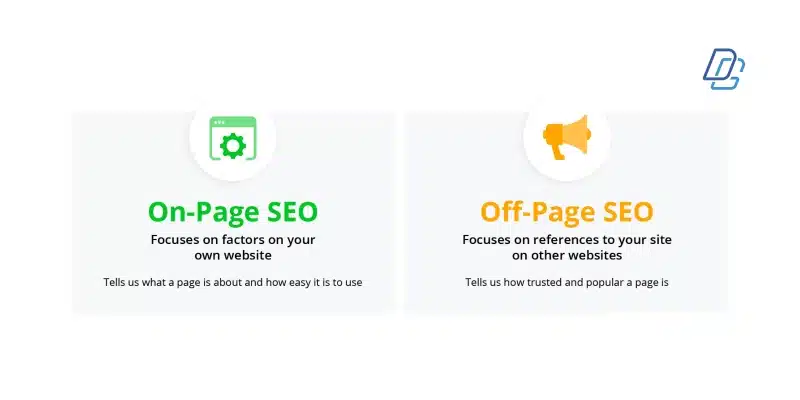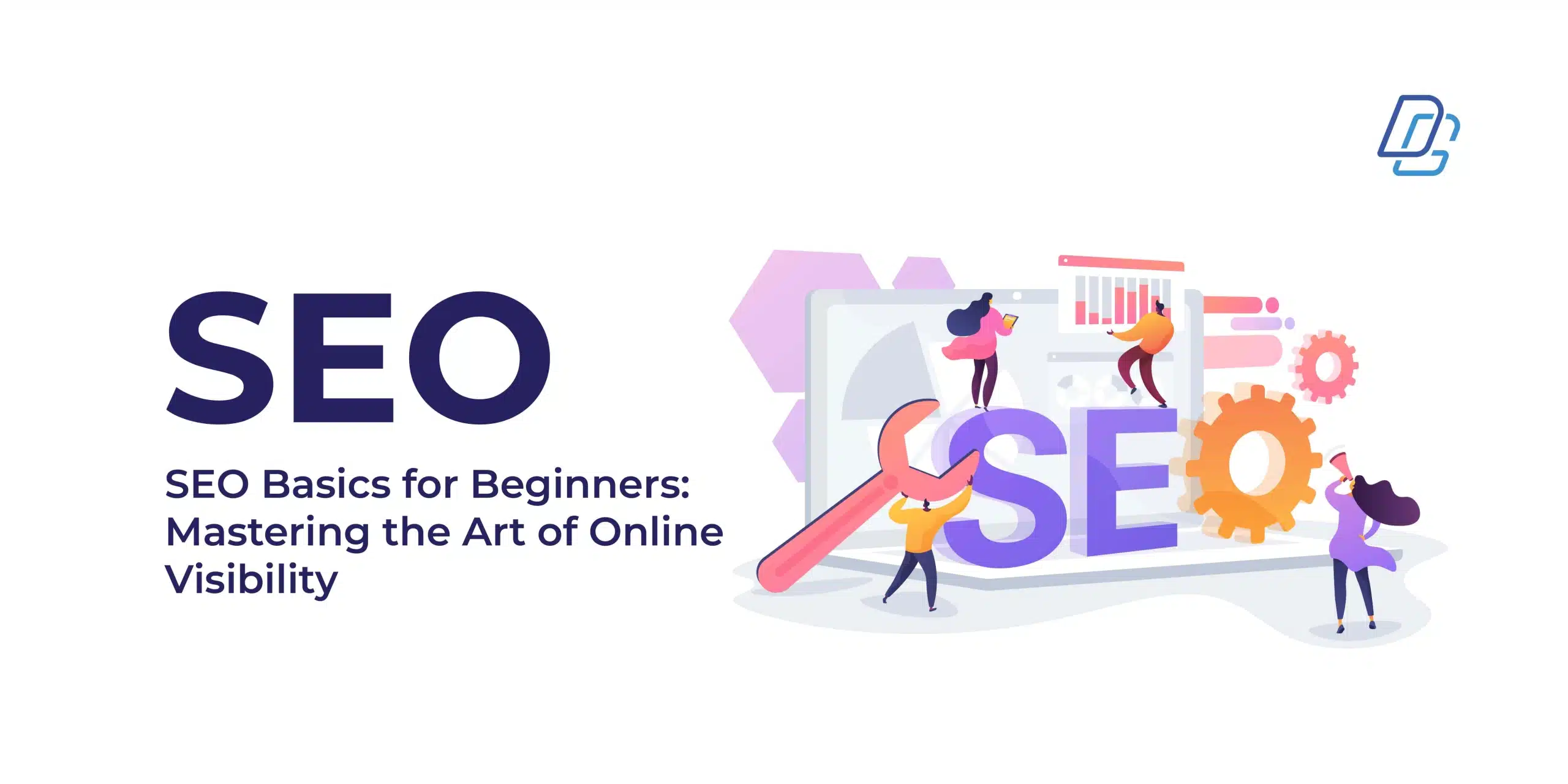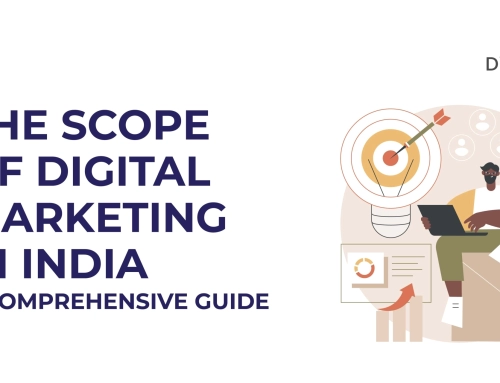In the vast and ever-evolving landscape of the internet, the importance of SEO (Search Engine Optimization) cannot be overstated.SEO basics for beginners are essential to navigate the expansive and continually changing realm of the internet successfully. In this dynamic digital landscape, SEO (Search Engine Optimization) serves as the cornerstone of online visibility and success. Whether you’re an aspiring digital entrepreneur, a budding content creator, or a seasoned business owner, grasping the fundamental principles of SEO is paramount for improving your online footprint and ultimately surpassing your competitors in the vast ecosystem of the world’s leading search engine, Google.
In today’s fast-paced digital world, the quest for SEO mastery begins with a solid understanding of the SEO basics. SEO for beginners is your starting point on the journey to harnessing the power of search engines. By familiarizing yourself with the foundational concepts and strategies that underpin SEO basics, you can take significant strides toward achieving your online goals. Learn SEO basics for beginners today
Table of Contents
The Foundation of SEO Basics for Beginners
At its core, SEO is the practice of optimizing your website and its content to make it more appealing to search engines like Google. While many factors influence search rankings, we’ll delve into the essential aspects that can significantly boost your website’s visibility and help you climb the Google search results ladder.
1. Keywords: The Building Blocks of SEO
Keywords are the words and phrases that users enter into search engines when looking for information. Identifying and using the right keywords in your content is the cornerstone of effective SEO basics.
Keyword Research: Start by conducting thorough keyword research to identify terms relevant to your niche. Tools like Google Keyword Planner and SEMrush can provide valuable insights into keyword volume, competition, and trends.

Keyword Placement: Once you’ve identified your target keywords, strategically incorporate them into your content. Ensure they appear naturally in your titles, headings, and throughout the body of your articles.
Long-Tail Keywords: Don’t underestimate the power of long-tail keywords—more extended and specific phrases that cater to niche audiences. These can be less competitive and drive highly targeted traffic.
2. High-Quality Content: The King of SEO
In the realm of SEO basics, content is king. Google rewards websites that offer valuable, informative, and engaging content to their audience. Here’s how you can create content that not only ranks well but also keeps your visitors coming back for more.

Originality: Always strive to produce original content. Plagiarism not only damages your reputation but can also result in lower search rankings. Unique, well-researched content is key.
Quality Over Quantity: While consistency matters, prioritize quality over quantity. It’s better to publish one exceptional article than multiple mediocre ones. Your content should answer questions, solve problems, or entertain your readers.
Optimize Media: Incorporate images, videos, and infographics into your content to enhance the user experience. Ensure these media elements are optimized for fast loading times and include relevant alt text for images.
3. On-Page SEO: Structuring for Success
On-page SEO is one of the basic SEO steps that refers to the optimization techniques applied directly to your website and its pages. Properly structuring your website is vital for both user experience and search engine visibility.

Title Tags: Craft compelling title tags for each page on your website, including relevant keywords. These titles are the first thing users see in search results and should accurately reflect your content.
Meta Descriptions: Write concise, engaging meta descriptions that encourage users to click on your link. Again, include keywords naturally, but don’t overdo it.
URL Structure: Keep your URLs simple, descriptive, and user-friendly. A clear URL structure not only aids SEO but also helps users understand the content of the page.
Internal Linking: Link relevant pages within your website to improve navigation and keep users engaged. This also helps search engines understand the hierarchy and relevance of your content.
4. Mobile Optimization: Catering to Smartphone Users
In today’s mobile-first world, optimizing your website for mobile devices is no longer optional but the one of most important basics of SEO. Google considers mobile-friendliness a significant ranking factor, so make sure your site is responsive and loads seamlessly on smartphones and tablets.

Responsive Design: Use responsive web design to ensure your site adapts to different screen sizes. This provides an excellent user experience, which Google rewards.
Page Speed: Mobile users have limited patience for slow-loading pages. Optimize your website’s speed by compressing images, using browser caching, and minimizing HTTP requests.
Mobile-Friendly Content: Make sure your content is easily readable on smaller screens. Use legible fonts and consider the spacing between elements for touch-based navigation.
5. User Experience: Keeping Visitors Engaged
User experience (UX) plays a significant role in SEO. Google takes into account how users interact with your site when determining rankings. Enhancing UX can lead to higher search visibility.
Navigation: Create an intuitive navigation structure that allows users to find what they’re looking for quickly. Implement a logical menu system and use breadcrumbs for easy navigation.

Engaging Design: A visually appealing website can captivate visitors. Invest in an attractive design that aligns with your brand and keeps users engaged.
Reducing Bounce Rate: High bounce rates (users leaving your site quickly) can negatively impact SEO. Craft compelling, relevant content that encourages users to explore multiple pages on your site.
Conclusion
Mastering the basics of SEO is essential for anyone looking to excel in the digital landscape. By understanding keywords, creating high-quality content, optimizing your website, catering to mobile users, and prioritizing user experience, you can significantly improve your chances of outranking competitors on Google.
Remember, SEO is an ongoing process. Stay updated with industry trends, adapt to algorithm changes, and consistently refine your strategy. With dedication and a commitment to providing value to your audience, you can rise to the top of Google’s search results and achieve the online visibility you desire.









Leave A Comment